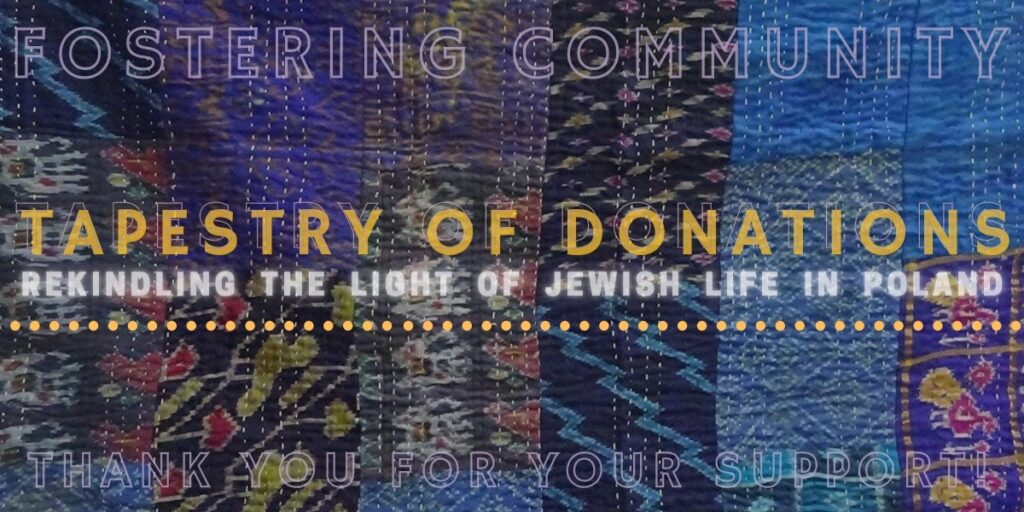Unbinding Isaac: Reclaiming Personhood Genesis 22

Rabbi Haim Dov Beliak
[maxbutton id=”3″ url=”https://rabbibeliakblog.org/rosz-haszana-5782/” ] Genesis Chapter 22, The Binding of Isaac (Hebrew – Akedah) is the main Torah reading for Rosh HaShanah, the New Year observance. In Jewish tradition, the reprieve granted by the angel (messenger) of The Eternal (Y H W H) is often understood as a lesson to humanity to end child sacrifice. The association of the New Year with this reading of Akedah turns us to a hope for new life, as is further emphasized by combining the Torah reading with the supporting prophetic reading from Samuel 1 with Hanna’s earnest pleading for a child, Samuel (God heard and granted the request.) The ancient lesson, teaching the cessation of child sacrifice and the ever fervent appeal for new life are the primary lessons affirmed by this reading for the New Year.
A number of rabbis reflecting on Genesis 22 focus on both the binding and then unbinding of Isaac concludes with an oath from The Eternal One’s messenger (Y H W H’s angel): “because you have done this and have not withheld your son, your favored one, I will bestow upon you a blessing, upon you and make your descendants as numerous as the stars of heaven and the sands on the seashore… all the nations of the earth shall bless themselves by your descendants, because you have obeyed My command.” A few preachers would point out the misnomer of calling this chapter the “sacrifice of Isaac” because of the reader missing the happy ending. This later point is one that we will return to later.
In fact, Genesis 22, The Binding of Isaac (Akedah), is read every weekday morning in the prayer book throughout the year in additional to its traditional place in the line-up of weekly Torah readings (this year, October 23, 2021.) The short 22 verse dramatic narrative is embedded in the basic structure of Judaism across space and time. But its theology and centrality has taken on a new meaning in the last century. The 22 verses have a profound new meaning for us today!
According to a new work Unbinding Isaac: The Significance of the Akedah for Jewish Thought by Dr. Aaron Koller of Yeshivah University, the meaning and weight of the Binding of Isaac narrative shifted in the 20th Century among many interpreters – Jewish and non-Jewish – to cohere with a line of reasoning first articulated in the 1840s by a Danish Christian theologian Soren Kierkegaard’s Fear and Trembling . Kierkegaard’s claim is that Abraham in agreeing to sacrifice Isaac was acting on faith. Faith overrules ethical concerns. Abraham is not agreeing to kill Isaac for a higher purpose. In contrast, Agamennon in Euripedes’ play, Jepthah in Judges 11 or King Mesha in 2 Kings 2 could all claim a higher purpose.) Abraham could only claim that he was doing his act of killing “for faith.” This is the suspension of the ethical for the purpose of faith alone. In Kierkegaard’s work Abraham potentially becomes the “knight of faith.” Abraham acting on faith is not troubled but balanced. Not “resigned” to sacrifice Isaac but ready for the outcome of the sacrifice or getting him back. Kierkegaard claims that this act of faith in incommunicable since it is about someone else’s faith and thus inscrutable. One cannot understand the faith of another.
“The notion that sincere individual faith can license the suspension of all ethical considerations is a deeply dangerous one idea. If we are persuaded by Kierkegaard that when a person of faith claims to have a revelation, the rest of the world can only step back and observe … ceding all rights to insist on societal values and norms.” (Koller p. 149)
In contemporary terms the person claiming the teleological suspension of the ethical might claim that their religion allows them to fly a plane into a building, deny vaccinations, deny contraceptive coverage etc. and all we could say is that ethically speaking these acts are wrong but faith is primary and unquestioned.
Koller offers a complex Levinas-Maimonidean resolution. Quoting Levinas but based on Maimonides: “That he (Abraham) obeyed the first voice (Genesis 22:2) is astonishing: that he had sufficient distance with the respect to that obedience to obey the second voice (Genesis 22:11) – that is essential.” Koller suggests that the angel-messenger (Hebrew: mal’akh) is none other “than Isaac himself: the Other, the face confronting Abraham. It is when Abraham sees Isaac’s face and perceives in him an Other, a full-fledged individual with an identity and personality of his own , that Abraham is commanded to not kill.” The Levinasian maxim: “To see a face is already to hear ‘You shall not kill.’” Koller concludes: If we may be bold as to draw a lesson from the interpretation … it is that if confronted by a conflict between a divine imperative and our obligation towards toward other human beings, we should seek out the face of the Other.”
“And so this is the ethical teaching of the Akedah: as much as it is enticing to do so, one person’s religious fulfillment cannot come through harm to another. The trial of Abraham cannot involve the murder of Isaac.” (Koller p. 147).
In the case of the Binding of Isaac, Akedah, religious fulfillment cannot come through harm to another.


Leave a Reply